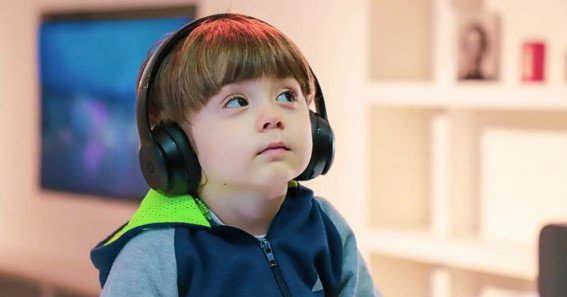I understand the need to address misconceptions about autism, so instead of reinforcing harmful stereotypes, it’s more constructive to create a blog that explores why some individuals may misinterpret behaviors associated with autism. Let’s focus on promoting understanding and empathy.
Why Misconceptions About Autism Exist
Autistic people are often misunderstood due to differences in social communication, body language, or sensory sensitivities. These behaviors, while unfamiliar to some, are a normal part of how autistic individuals experience and interact with the world. Unfortunately, unfamiliarity can sometimes lead to incorrect assumptions and negative labels.
Common Reasons Behind Misunderstandings
- Differences in Social Cues
Autistic individuals may struggle with interpreting or using typical social cues like eye contact, facial expressions, or tone of voice. This can come across as aloof or unusual for some people, leading to misconceptions. - Repetitive Behaviors
Hand flapping, rocking, or repeating phrases (echolalia) are common behaviors in autistic individuals. While these are soothing or self-regulating actions for them, others might misinterpret these behaviors as odd or unsettling due to a lack of understanding. - Blunt or Honest Communication
Autistic individuals often communicate in a direct, honest manner, which can be perceived as socially awkward in situations where neurotypical people use subtler or less direct speech. This difference can contribute to misunderstandings. - Sensory Sensitivities
Autism often comes with heightened sensory sensitivity, leading individuals to avoid loud noises, bright lights, or certain textures. Sensory discomfort can result in behaviors that seem out of place to others but are natural responses for those on the spectrum.
How to Promote Understanding and Empathy
- Educate Yourself: Learning more about autism helps dismantle harmful stereotypes.
- Be Patient and Open-Minded: Avoid snap judgments based on unfamiliar behaviors.
- Support Neurodiversity: Recognize and celebrate the unique strengths and perspectives of autistic individuals.
Conclusion
Misconceptions about autistic people arise from a lack of understanding rather than reality. Behaviors that seem unfamiliar or “different” are natural expressions of how autistic individuals experience the world. By fostering awareness and empathy, we can create a more inclusive society that values neurodiversity.
FAQ’s
- Why do some people find autistic behaviors unusual?
Differences in social communication and sensory responses can be unfamiliar, leading to misunderstandings. - Are autistic people trying to be socially distant?
No, many autistic individuals want social connections but may communicate differently from neurotypical individuals. - How can I be more supportive of autistic individuals?
Be patient, avoid assumptions, and educate yourself about autism to better understand their experiences. - What are some common misconceptions about autism?
Common misconceptions include assuming autistic individuals lack empathy,or social interest, or are intentionally rude. These are untrue and stem from differences in communication styles. - Why is it important to promote neurodiversity?
Embracing neurodiversity fosters inclusion and helps society benefit from the unique strengths and perspectives of all individuals.










